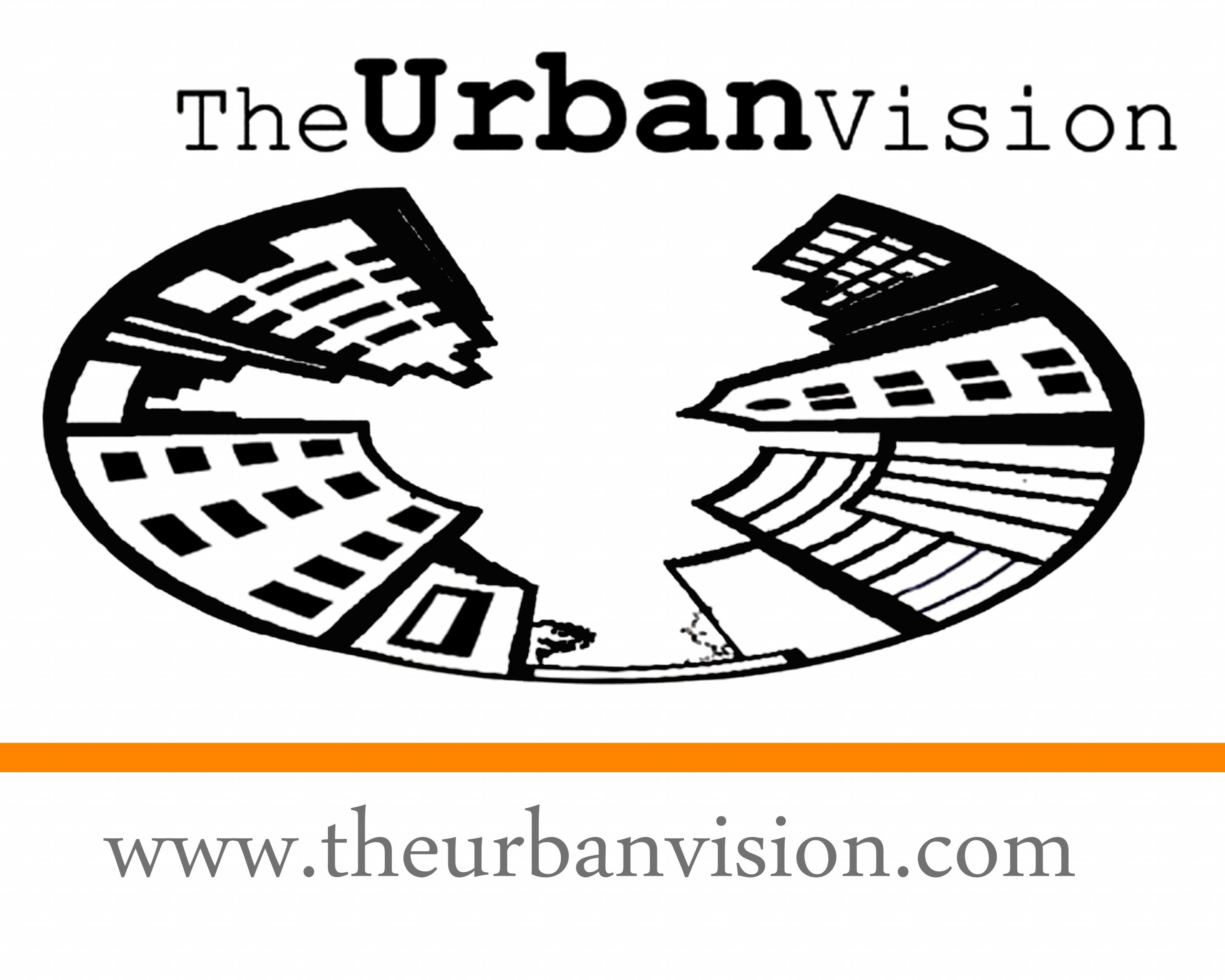Shedding a little Light onto the Current Environment
As recently as ten months ago, “In light of the recent environment” used to be a term coined mostly by environmentalists to push for cut backs in consumption and production in order to curb carbon emissions. It used to be followed by phrases such as:
“In light of the recent environment…”
“…UNEP is calling on governments to push for stricter carbon emission standards at the upcoming G8 summit.”
“…NGOs are asking people to refrain from buying Christmas trees this year to discourage further felling of our already depleted forests.”
“…the Dutch Government is developing a plan to place solar panels on Amsterdam’s roofs as a way to reduce the city’s carbon footprint.”
Before, the “recent environment” referred to a planet plagued by climate change due to human induced degradation of our atmosphere and ecosystems. Today, it is a term used mostly by economists to refer to the economic recession (which is ironically resulting in cutbacks in consumption and production and curbing carbon emissions). Now, newspapers and publications are covered with statements such as:
“In light of the recent environment ….”
“…132 companies canceled their conferences and incentive trips to the Island of Hawaii.”
“…private jets are being viewed as objects of shame and extravagance, and are now confined to airport hangers as owners are unable to afford fuel costs.”
“…British holiday makers who once favoured resorts in Greece and Spain, are choosing to vacation in small inns around the UK.”
“…starting salaries for 2009 computer science graduates are down from an average of $70,000 to $60,000 a year.”
“…real estate development in tier II Indian cities has stopped as finished projects are going unsold. “
“…European no frills airlines are forced to cut the number of flights in previously popular connections.”
“…sales at American fine dining restaurants are falling by 12-15% as families choose to eat food cooked at home.”
“…plastic toy factories in China are scaling down and decreasing their production as export opportunities reduce.”
“…companies are asking employees to print back to front and reduce air-conditioning temperatures by up to 3 degrees to reduce energy bills.”
There is a funny irony in the phrase “in light of the recent environment” is being coined by economists for what could possibly be the worst time for our market, but one of the best for our planet. The amount of flights, manufacturing plants, and exporting that has been stopped or cancelled has notably reduced the amount of carbon dioxide that is going into the air.
Now more than ever we are truly seeing consumerism in terms of carbon. Each dollar less I spend, is that much less carbon I have pumped into the atmosphere. This is what environmentalists have been saying for decades. We will not survive (in the stock markets or on our planet) if we believe that our resources are inexhaustible and so are the limits on our credit card.
Now, whether Americans and Europeans like it or not, the current environment is forcing them to cut down their consumption patterns. They are downgrading to smaller more fuel efficient vehicles to save on gas. They are choosing to buy locally grown produce instead of imported options. They are opting out of distant holiday destinations to save on flight costs. All in all doing their part to save the environment, but the driving factor is their pocket books.
The question we should now be asking is: how can we take advantage of this shift in preferences? How can we make it something sustainable that will continue beyond the economic recession?
By establishing an eco conscious consumer society today. We can change the recession blues into proud greens, as people see their curb in consumption not as a limiting factor, but as a conscious reduction of their carbon footprint.
For the most part, when people are looking to purchase, they take into account several factors:
1. Will it be useful and satisfy need requirements?
2. Is it the preferred option?
3. Is the cost appropriate to my financial situation?
What if we ask them to consider a fourth factor? :
4. Is it made in an environmentally sustainable manner or will it become a pollutant once I discard it?
This means that every time they make a decision to buy something, they are looking at the item’s footprint on the Earth. Since it becomes a part of the decision process, no matter how little weight is put onto the answer, carbon footprints will be lowered. Eventually one will choose the eco option more often than they would have had they not considered this factor.
The most impactful part of this change is that manufacturers will have to calculate point number four into their production process. THIS is where the real change comes since an efficient system requires the manufactures to tailor to consumer interests. As “going green” becomes more hip and popular, more affordable eco options and investments will be introduced to the market.
A new psyche comes into the market at both the consumption and production level. The new market equilibrium will help restore the one we lost in the carbon cycle. There could be a beautiful (perhaps sourced from solar?) light at the end of the current environment’s tunnel.
